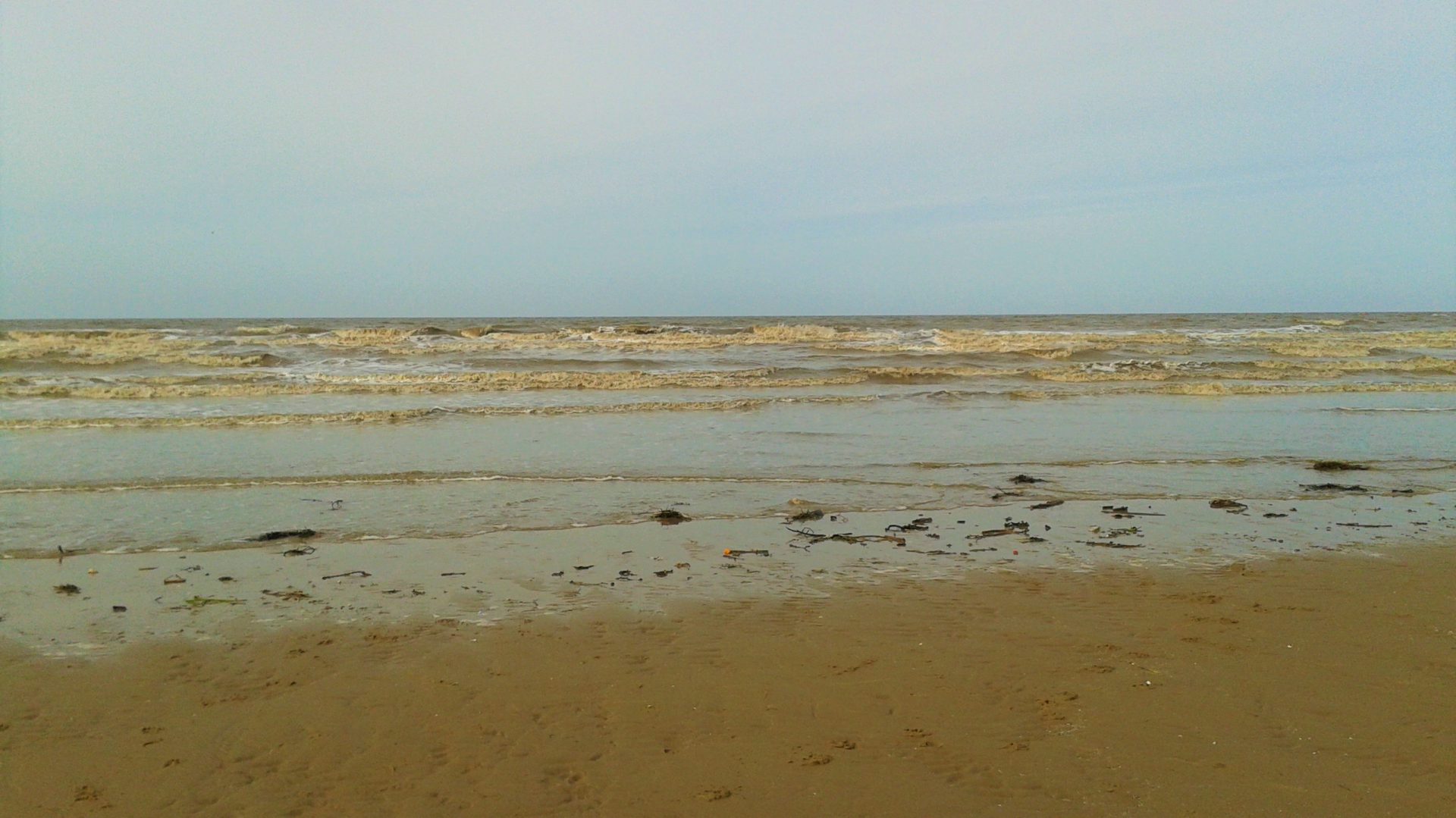Lez
Name: Lez Davison
Year of birth: 1960
Place of birth: Sheffield
Place of residence: Portsmouth
Occupation/s: Submariner
Lez joined the Navy at 26. After his basic training he went through basic engineering training. Then he had three months training for submarines. He joined his first submarine aged 27: HMS Orpheus, a diesel electric submarine. She was also “born” in 1960!
STARTING OUT
‘They
chuck you straight in and say “Right you got to pass this”. They give you a
booklet and you got to find your way round the submarine, find every valve so
that you know where everything is if you need to turn it off or anything. Every
switch you’ve got to know. You need to know how to fire a torpedo, even if
you’re not a weapons engineer, you need to know how to steer the submarine. You
need to know a little bit about every job on board because if someone falls
down, you can only rely on your mates can’t ya. So you might have to take
someone from somewhere else, if they’re spare. Because of that you get a medal,
or the kissing kippers as some people call it, the dolphins, and a slightly
elevated pay so you get a bit more for being a submariner, or you did then I
don’t know about now.’
‘She [the submarine] was beautiful. There was some great characters on board.’
Was being on a submarine what you expected? ‘No windows! They had windows on Voyage to the Bottom of the Sea, one of my favourite programmes when I was growing up. The only sea life that I ever saw, was … glowing plankton!’
‘Our sub was like a train with no windows!’
LIFE ONBOARD
Opening and closing the air valve on the sub caused an air vacuum ‘so if someone came to wake you and this valve had been going on and off all the time, you can’t hear them because the vacuum it creates every time it opens or closes makes your ears go in and out. So you usually end up deaf! They say that’s why you don’t get cockroaches or mice on submarines, because they can’t pop their ears!’
If you had too many people on the sub, they would create extra bunks around the torpedo: ‘The torpedo stowage was bloody cold, you wouldn’t want to sleep in there.’
One of his fellow crew members always tried to fish off the back of the sub when they were on the surface, ‘I don’t think he ever caught anything!’
What do you remember about being on the sub? ‘The smell of sweat and diesel.’
‘It
was good camaraderie among the crew. It’s not easy to get on, you have to work
at getting on with people, but some people are easier than others to get on
with. Submariners seems to be the kind that are easy to get on with, they are
pretty easy going. I’m still in touch with a heck of a lot of them. One of them
is my son’s godfather.’
‘It was a good few years.’
Lez remembers one occasion when they had to stop an extra week in Tromso while the sub was fixed after damage. The men weren’t allowed to stay on the sub, so they went ashore: ‘You got £90 a day: £45 for your hotel and £45 for your food – we’d sleep five to a bed so people had that bit extra to spend!’
NARROW ESCAPES
‘I remember one exercise. I’d been sent to my bunk, it wasn’t my usual bunk as someone else was in that but I was asleep, and I got bounced out. We’d tried to do an exercise in too little water and bounced off the bottom of the sea bed!’
‘If you knew about bad weather in advance, you could usually dive under it. But we did have a hairy experience with gales in the North Sea, that could have been really bad.’
What are the major changes you’ve witnessed to seafaring? ‘We don’t have diesel /electric submarines any more. On nuclear submarines you can go out, sink, and come back in exactly the same place three months later and have absolutely no idea where they hell you’ve been, only the Captain or maybe the radar crew know where you’ve been. You could have been anywhere.’
‘I like them stinky little boats.’
SUBMARINERS – A VERY DIFFERENT BREED
‘You have to take on the sort of Hindu fatalism, if things are gonna go wrong, they’re gonna go wrong spectacularly.’
‘Submariners, worldwide, are a brotherhood. We all think of other submariners.… Submariners Remembrance Day is a week before the 11th November. We all think about other submariners.’
‘Submariners are a very different breed, they really are. Submariners have gone to the surface fleet as well, after being submariners, and they don’t fit in very well. … One of my friends … he couldn’t cope with the rigid structure of the command chain.
‘Nice chaps, but very strange. You can say that about a lot of them.’
There is a tradition across the navy of giving people nicknames based on your surname. If you surname was Moore, you tended to be called ‘Pony’. (I don’t know why, it just is!’) If your name was Clark, you were called Nobby. If your surname was Wright, you were known as Shiner. ‘I know so many Tug Wilsons, again I don’t know why! … I was known as Baldrick, for my snappy dress sense! When my wife phoned, she had to ask for Baldrick!’
WOMEN ON SUBMARINES
‘Ladies on submarines – not many people thought that would happen. Mainly because of the job: you have to know where all the valves are and if there are areas of ship that are inaccessible to you, you don’t know where the valves are in that area. And that could lead to a catastrophic failure. They must have worked around that somehow.’
